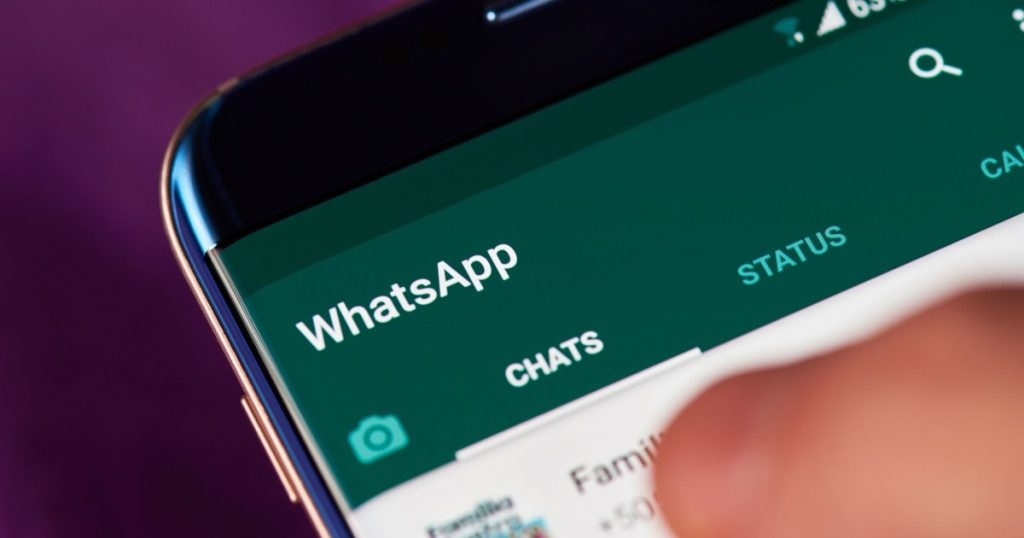Though this allows for greater flexibility and tapping top talent regardless of location, it also introduces new challenges around communication and security. How distributed teams easily share information and collaborate while also protecting sensitive data? One solution is using self-deleting or ephemeral messaging apps. These apps allow users to exchange messages, files, and notes that are automatically deleted after a set period. For distributed teams, this allows quick and secure sharing that doesn’t leave a permanent digital trail.
Enhanced clarity with ephemeral sharing
Ephemeral messaging apps encourage brevity and clarity in communication. With messages that expire, users are incentivized to share only the most pertinent details and summarize conversations. It leads to greater clarity as opposed to long email threads or message histories.
Confidence to share sensitive information
When notes are deleted automatically, there’s greater confidence to discuss and share sensitive topics that might otherwise be avoided for security reasons. It could include anything from customer data, development specs, legal matters, HR issues, and more.
Stay focused on relevant topics
Since messages are deleted after a set timeframe, teams stay focused on currently relevant discussions. There’s no need to review old notes or threads constantly. New users get up to speed faster without wading through extensive histories.
Portability for distributed teams
how to protect text in word? With browser-based group note apps, notes are accessible from anywhere by any authorized team member. This enables seamless collaboration for remote employees, freelancers, and distributed teams.
Reduced digital clutter
Ephemeral messaging cuts down on the proliferation of outdated files, notes, and message histories that bog teams down. This decluttering effect keeps teams agile and allows everyone to find the information they need at a moment’s notice.
Effective teamwork
Implementing self-deleting group notes takes some forethought to use them effectively. Here are some best practices:
- Create separate notes for each topic, project, or meeting. Don’t try to cover too much in one note.
- Keep notes focused on facts, objectives, and action items rather than subjective discussion threads. Summary bullets are helpful.
- Set logical deletion timeframes. Notes for one-time meetings may be disposed of within 24 hours. Ongoing project notes could be deleted after a week or when marked complete.
- Have a naming convention and folder structure to organize notes and make them easy to find.
- Highlight action items and assign tasks before notes are deleted.
- Review notes before expiration and save any important information to a permanent system like a shared drive or intranet.
- Make sure everyone on the team has proper access and notifications turned on.
- Train new members on effective note etiquette and usage guidelines.
- Get team feedback on what’s working versus not working as you optimize the use of the tool.
- Various permission levels like view-only, editing, and administrator.
- Configurable deletion timeframes from hours to weeks or months.
- Ability to password-protect notes for private visibility.
- Features to prevent premature deletion like pinning.
- Extensive formatting options for code blocks, images, tables, etc.
- File and document upload with automatic deletion.
- Note templates and reusable snippets to standardize and save time.
- User presence indicators to see who’s currently viewing a note.

